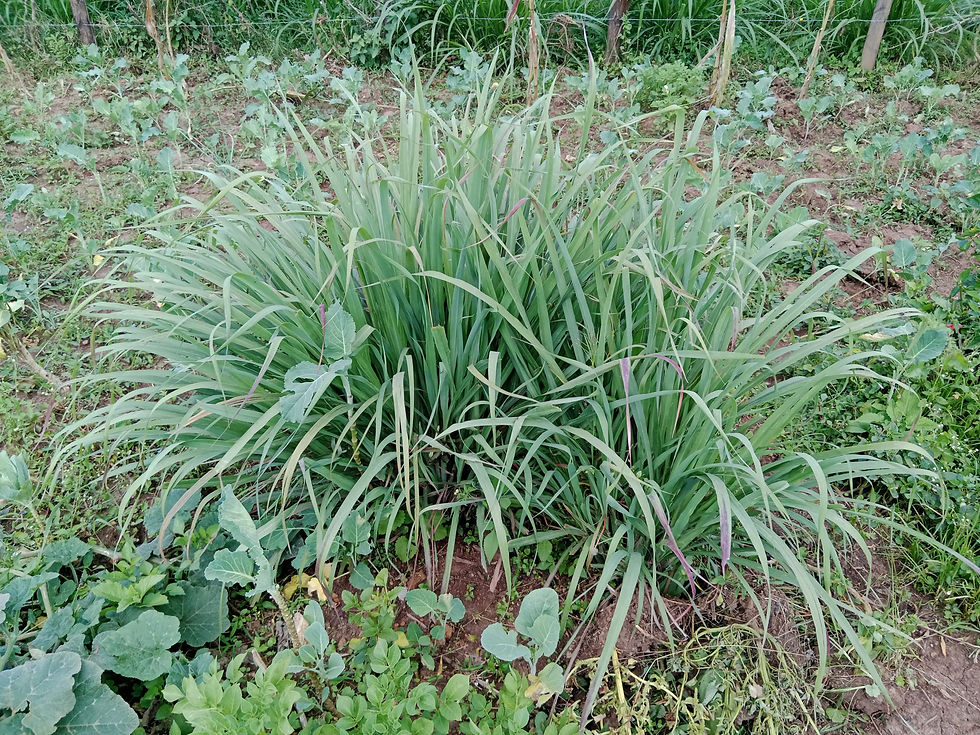Why Kenyan Elders Keep Farming: Ritual, Resilience, and the Roots of Mental Strength
- Shadrack Agaki

- Jul 31, 2025
- 3 min read
In the villages of western Kenya, farming is more than a livelihood — it is a way of life.

Each morning, elderly women across the region can be seen walking to their gardens, jembes in hand, tending to rows of sukuma wiki, onions, and traditional vegetables. Despite their advanced age, they remain deeply committed to these daily activities that have long become rituals. But why do they continue farming when younger and stronger hands are available?
This question opens a window into a broader, often overlooked reality: vegetable farming offers more than food — it offers mental healing, purpose, and connection. For these women, the garden is not only a source of nourishment, but also a space of resilience, routine, and emotional grounding.
The Cultural Practice of Farming in Old Age

Farming is the backbone of many African economies, including western Kenya. In many rural households, women serve as stewards of the land, holding deep knowledge about herbs, vegetables, and seasonal cycles.
Since childhood, I lived this experience. I watched my mother rise each morning—except Sundays—to till the land. If she was not pruning, she was tending vegetables that she would later take to the local market. Farming vegetables was, and still is, her rhythm of life. Practiced for decades, it is no longer just a routine; it has become her identity.
Vegetable Farming for Mental Wellness

When I completed university and secured employment, I hoped my mother—now in her seventies—would retire from farm work. Together with my siblings, we hired someone to assist her. To our surprise, she insisted on accompanying the helper to the farm.
When I asked her why, her response moved me:
Shadrack, interacting with the soil is what I have done all my life. I never went to school; farming is what gives me a reason to wake up every day.
That moment changed my perspective. I began to reflect on why going to the market was like a ritual for her. Every Wednesday and Friday, she would carry different kinds of vegetables to sell. I realized it was more than commerce—it was a social hub, a place to reconnect, laugh, share village news, and feel valued.
The farm, and by extension the market, was her sanctuary. These acts brought her mental stability and joy. Even in the face of hard work and changing weather patterns, her garden remained—and remains—a grounding force.
Producing vegetables requires patience, effort, and connection to nature. Yet this very process provides mental clarity and emotional structure. It fosters a sense of control in uncertain times and helps combat loneliness in old age.
The Healing Power of Everyday Rituals

In many households, gardening is not just a chore—it is a meditative, restorative ritual. The morning walk to the farm, the scent of moist soil, the careful selection of seeds—all are acts of presence and intention. These moments, repeated daily, create a rhythm that supports mental balance.
The market visit, too, is more than transactional. It is a celebration of harvest, a sharing of surplus, and a moment of social affirmation. These community-based practices sustain not just bodies, but also spirits of many.
Elders may not speak in terms of mental health, but they have always known the value of staying active, connected, and productive. These rural practices are their therapy—rooted in culture, tradition, and wisdom.
Challenges and Reflections
Despite the benefits, rural vegetable farming is increasingly threatened by prolonged droughts, erratic rainfall, and limited institutional support. These stressors add mental strain, especially among older farmers who must constantly adjust to unpredictable planting cycles.
Yet, amidst these challenges lies opportunity. There is growing recognition beyond rural areas that farming is not just about food production—it is also a vital wellness and health practice. Investing in the continuity of these traditions can support both community and family resilience and emotional well-being.
Conclusion
Subsistence vegetable farming has long supported livelihoods in rural Kenya. While often viewed as a necessity, it is far more than that. It has served—and continues to serve—as a practice that helps rural communities survive, stay connected, and remain mentally resilient.
Investing in and preserving this tradition is not just good policy; it is an act of honoring generations of wisdom and wellness.
About the Author: Kenya-based Shadrack Agaki is a climate change and food systems policy communication consultant.





















